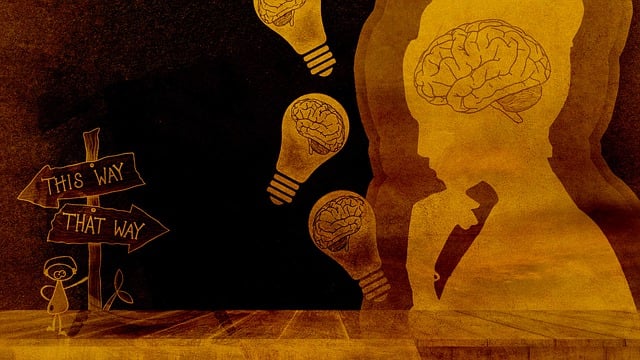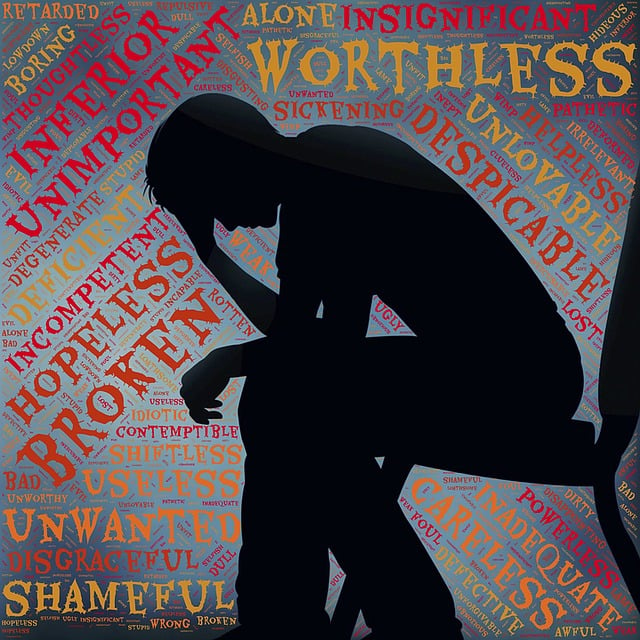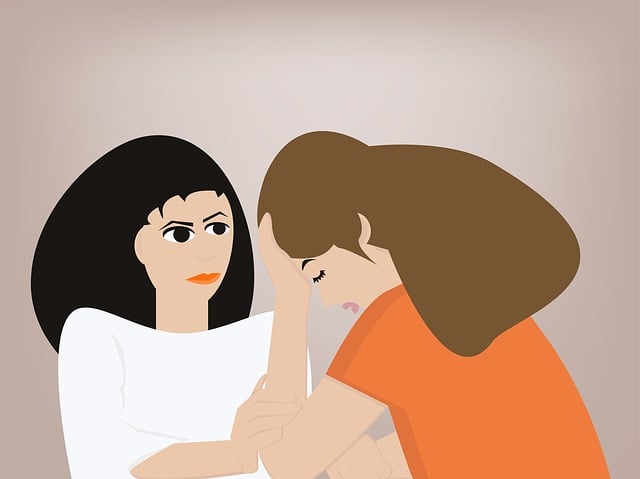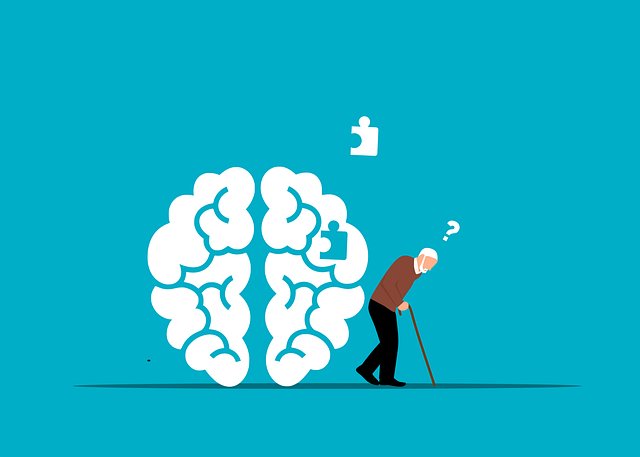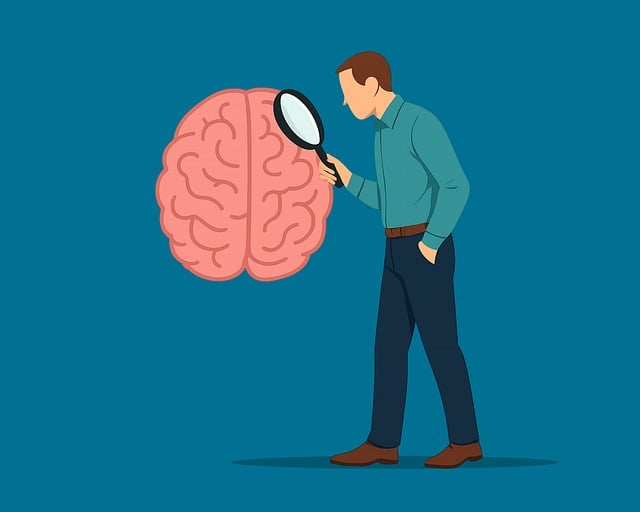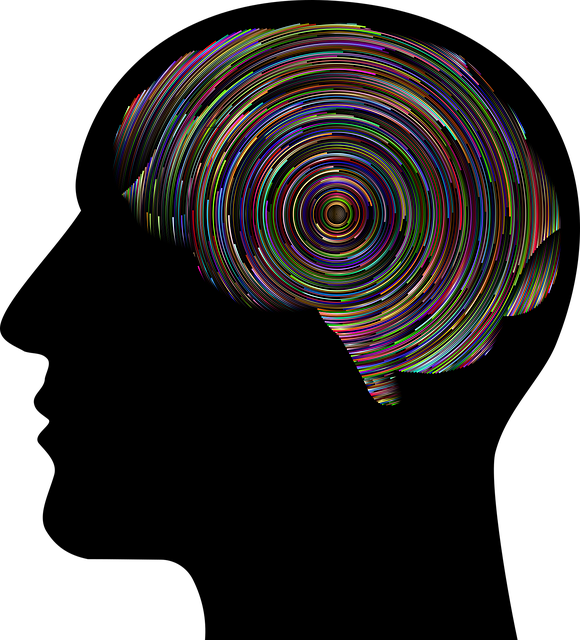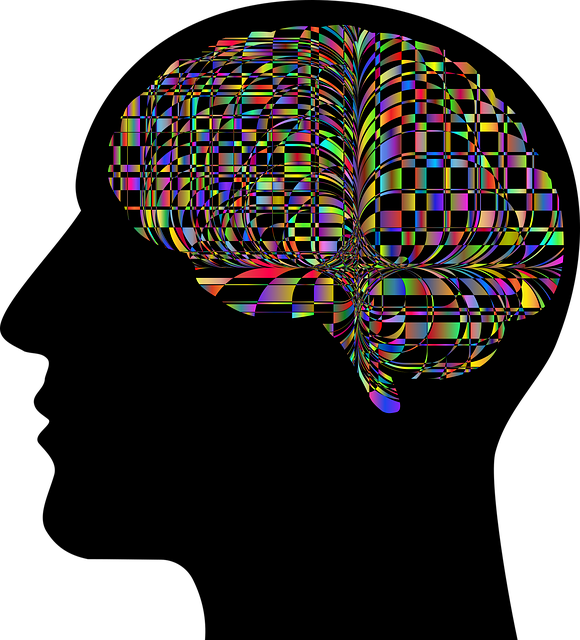Targeting individuals with Bipolar Disorder in mental wellness app marketing is key. Create content addressing their unique challenges, highlighting personalized therapy, coping skills development, and conflict resolution tools. Emphasize discretion and accessibility to overcome stigma. Use SEO keywords like "Therapy for Bipolar Disorder" and integrate features like mood tracking and guided meditations. Leverage digital channels like social media and targeted advertising to reach users actively seeking therapy or mental health solutions, fostering trust and encouraging app usage.
Mental wellness apps are transforming lives, especially those managing bipolar disorder. This article provides a comprehensive marketing strategy development guide for mental health apps, focusing on reaching individuals with bipolar disorder. We’ll explore how to understand your target audience, craft compelling content that educates and supports users, and leverage digital marketing channels effectively to drive awareness and engagement. By implementing these strategies, mental wellness apps can offer accessible therapy for bipolar disorder and significantly improve user well-being.
- Understanding Your Target Audience: Reaching Those with Bipolar Disorder
- Crafting Compelling Content: Education and Support through App Features
- Utilizing Digital Marketing Channels: Driving Awareness and Engagement Effectively
Understanding Your Target Audience: Reaching Those with Bipolar Disorder

Reaching individuals with Bipolar Disorder is a critical step in developing an effective marketing strategy for mental wellness apps. This demographic often faces unique challenges, requiring tailored solutions that address their specific needs. Many people struggling with Bipolar Disorder are keenly aware of the impact of mood swings on their daily lives and may be actively seeking tools to manage symptoms.
Focusing your app’s marketing efforts on this audience involves creating content that speaks directly to their experiences. Highlighting features within your app that offer personalized therapy for Bipolar Disorder, coping skills development, and conflict resolution techniques can be powerful draws. Ensure your messaging emphasizes the discretion and accessibility of these tools, as many individuals may be hesitant to seek help due to stigma or privacy concerns.
Crafting Compelling Content: Education and Support through App Features

Mental wellness apps can effectively support users by providing tailored content and features that cater to various aspects of mental health. To craft compelling content, an app should offer educational resources on specific conditions, such as therapy for Bipolar Disorder, including detailed explanations, relatable stories, and practical tips. By educating users about their condition, the app empowers them to better understand and manage their symptoms.
Additionally, integrating coping skills development tools within the app can enhance its appeal. Features like guided meditations, mood tracking, and mindfulness exercises enable users to cultivate healthy coping mechanisms. Community outreach program implementation further solidifies the app’s value by fostering connections among users facing similar challenges, providing emotional support, and encouraging open dialogue. Incorporating self-care routine development tools encourages users to prioritize their mental well-being through consistent practices that promote resilience and overall happiness.
Utilizing Digital Marketing Channels: Driving Awareness and Engagement Effectively

In today’s digital era, leveraging various online channels is a powerful strategy for mental wellness app marketing. By utilizing social media platforms, content creation, and targeted advertising, apps can effectively reach their intended audience—folks seeking therapy for bipolar disorder or exploring ways to enhance their mental health. Engaging content that incorporates mental wellness journaling exercises and self-awareness activities, for instance, can attract users interested in proactive mental care. Additionally, running interactive campaigns that offer free confidence-boosting tips or guided meditations can generate buzz and encourage app downloads.
Digital marketing allows for precise targeting based on user demographics, interests, and search behaviors. This means apps can direct their efforts towards individuals actively searching for solutions to bipolar disorder symptoms or other mental health challenges. Through strategic content distribution and consistent engagement, these apps can establish themselves as reliable resources, fostering trust and ultimately driving downloads and active usage.
Developing a comprehensive marketing strategy for a mental wellness app, especially one tailored to those with bipolar disorder, requires a deep understanding of the target audience’s unique needs. By focusing on education, support, and engaging content, apps can provide valuable therapy for bipolar disorder while effectively utilizing digital channels to reach and retain users. This multi-faceted approach ensures that marketing efforts resonate with individuals seeking help, fostering a community where mental health is prioritized.
